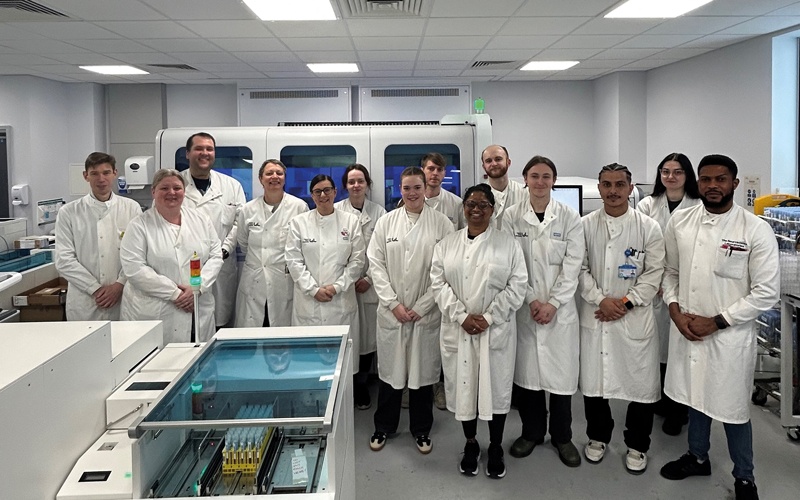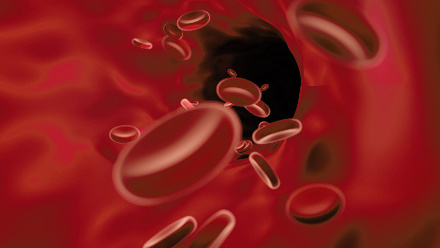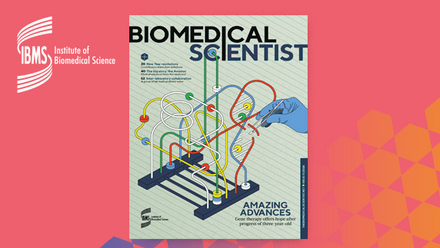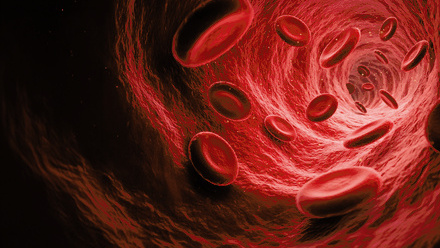My Lab: A Specialist Virology Centre

At a glance
- Liverpool is a specialist virology centre where viral testing supports colleagues to deliver patient care in specialist areas including oncology, paediatrics, antenatal and neonatal, fertility, renal dialysis, ophthalmology, neurology and critical care.
- It is the national lead centre for airborne HCID patients (e.g. avian influenza and MERS) but also receives patients with suspected contact HCID, such as Ebola.
- Liverpool is fortunate to benefit from a high degree of automation in its cross-discipline serology and molecular work areas.
Liverpool Clinical Laboratories was formed in 2013 through a merger of the diagnostic laboratories of Aintree University Hospital and the Royal Liverpool and Broadgreen Hospitals Trust. Virology is located in the Clinical Support Services Building (CSSB) on the site of the Royal Liverpool Hospital. Liverpool is a specialist virology centre where viral testing supports colleagues to deliver patient care in specialist areas including oncology, paediatrics, antenatal and neonatal, fertility, renal dialysis, ophthalmology, neurology and critical care.
CSSB opened in 2022 with a large, open-plan, mixed-discipline automated area processing the higher-throughput workloads. This part of the lab runs 24/7 for sample receipt and provision of some of the test portfolio. For virology this includes tests for respiratory viruses like SARS-CoV-2 and influenza during the winter months when faster turnaround times are critical for infection prevention control.
More specialist patient cases rely on an on-call biomedical scientist rota. This group of scientists supports our kidney and bone marrow transplant teams with urgent local testing of organ donors and recipients for a range of pathogens. This improves patient outcomes by informing the donor–recipient matching process and patient management decisions post-transplant. The on-call biomedical science team also deals with samples received out of hours from patients at the regional high consequence infectious disease (HCID) unit located on site. Liverpool is currently the national lead centre for airborne HCID patients (e.g. avian influenza, MERS) but also receives patients with suspected contact HCID, such as Ebola and Lassa fever. Containment level 3 facilities are used for these samples, but a competent, well-trained workforce is key to delivering safe outcomes. Virology also benefits from a specialist molecular section, which runs Sanger and Next-Gen sequencing systems and develops new assays to keep the laboratory up to date in the face of ever-changing infectious aetiologies.
Our routine day-to-day work is similar to other virology laboratories, where we support clinical services testing for the presence of viral and non-viral pathogens, or our immune response to these. Laboratory practitioners are mainly responsible for day-to-day delivery of these workflows with oversight from the biomedical scientists and clinical teams.
Everyone is likely to be infected with viruses at some point in their lives and most do not cause significant problems. Some viral infections may go unnoticed for years before adverse outcomes develop. HBV, HCV and HIV are good examples of this, which in part led the government to support a screening programme for emergency department attendees around the country. Liverpool is fortunate to benefit from a high degree of automation in our cross-discipline serology and molecular work areas. This allowed us to add these viral screening tests to emergency department attendee bloods. Those with reactive screening test results reflex into existing virology workflows to confirm the diagnosis. Testing in this area is driven by software processes so staff have good IT skills to manage sample flow and equipment.
COVID had a massive impact, shaping lab services. A large number of people stepped up to fill the void in laboratory assistance during that period. Some stayed to develop a career with us. Hopefully more will follow.






